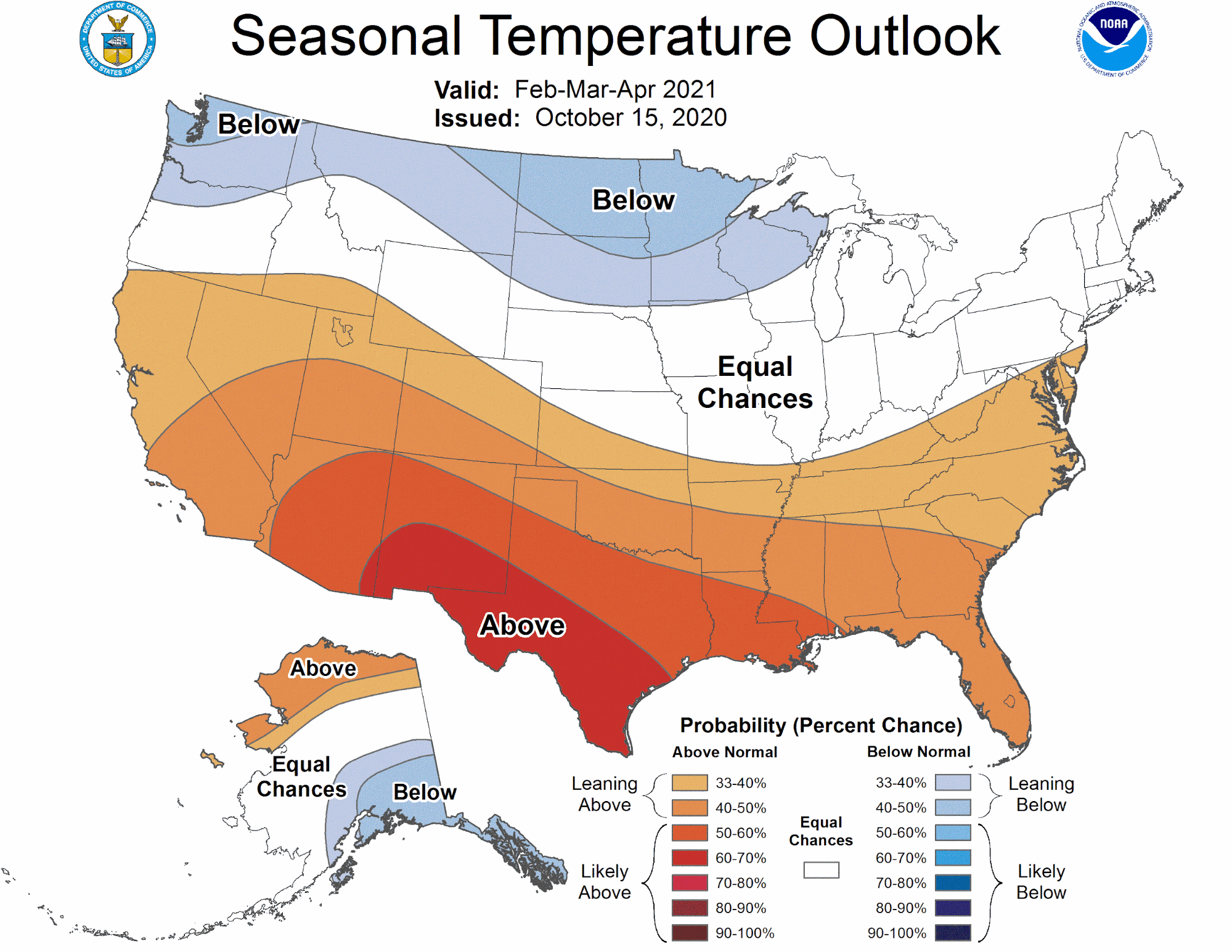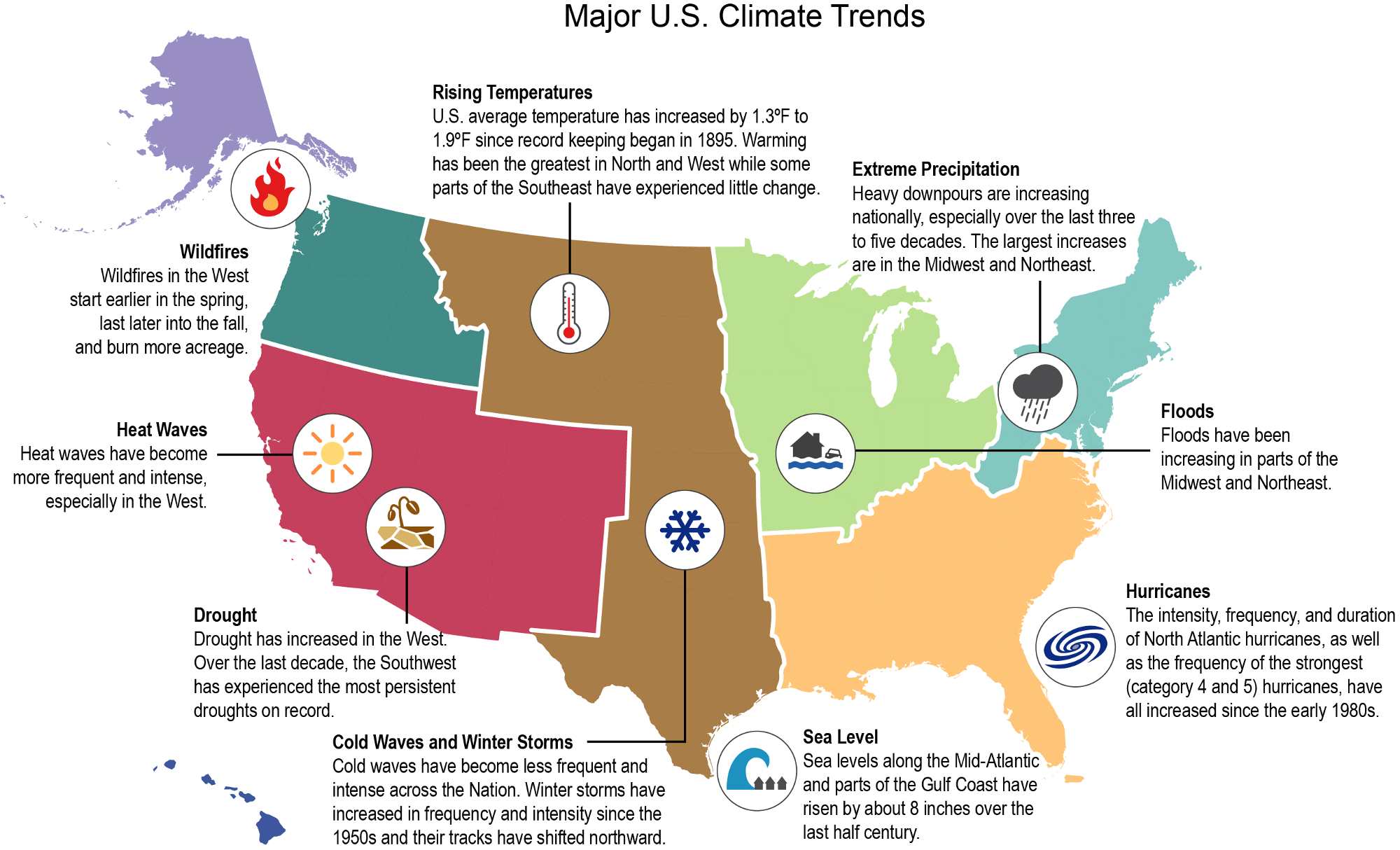Alexandria Weather: Current Conditions, Forecasts, And Climate Trends
Alexandria, Virginia has a hot, humid climate with distinct seasons. Summers are long, hot, and humid with average temperatures in the 80s and 90s. Winters are cold and snowy with average temperatures in the 30s and 40s. Spring and fall are mild with average temperatures in the 50s and 60s. Alexandria Weather: Current Conditions, Forecasts, And Climate Trends is an important resource for anyone living in or visiting Alexandria.
Editor's Notes: "Alexandria Weather: Current Conditions, Forecasts, And Climate Trends" have published today date to help people, especially for visitors who are not familiar with the weather can prepare for the weather conditions they will encounter.
We've analyzed and gathered information to put together this Alexandria Weather: Current Conditions, Forecasts, And Climate Trends guide.
Here are some of the key differences between Alexandria's weather and the weather in other parts of the United States:
FAQ
This comprehensive FAQ section provides insightful answers to frequently asked questions regarding Alexandria's weather patterns, climate conditions, and forecasting accuracy.

Victoria Weather: Current Conditions, Forecasts, And Climate - Annual Info - Source master.d3a9l43wbvawb2.amplifyapp.com
Question 1: How reliable is the weather forecast for Alexandria?
Alexandria's weather forecasts are generated using advanced numerical weather prediction models that consider a vast array of atmospheric data. While these models are generally accurate, they are not infallible, and forecasts can sometimes be subject to unexpected changes in weather patterns.
Question 2: What is the average temperature in Alexandria throughout the year?
Alexandria experiences a Mediterranean climate, characterized by warm, dry summers and mild, wet winters. The average annual temperature is approximately 18°C (64°F), with summer temperatures often reaching 30°C (86°F) and winter temperatures rarely dropping below 10°C (50°F).
Question 3: How much rainfall does Alexandria receive annually?
Alexandria receives an average of 200-300 millimeters (8-12 inches) of rainfall per year. Most precipitation occurs during the winter months, with occasional thunderstorms during the summer. The city is not prone to severe flooding or tropical cyclones.
Question 4: What is the best time of year to visit Alexandria based on weather conditions?
The most favorable time to visit Alexandria is during the spring (April-May) and autumn (September-October) when temperatures are pleasant, around 20-25°C (68-77°F), and rainfall is minimal. These seasons offer ideal conditions for sightseeing and outdoor activities.
Question 5: How does climate change impact Alexandria's weather patterns?
Climate change is gradually altering Alexandria's weather patterns, leading to increased temperatures, reduced rainfall, and more frequent extreme weather events. Rising sea levels also pose a threat to coastal areas of the city.
Question 6: Where can I find the most up-to-date and accurate weather information for Alexandria?
The most comprehensive and reliable weather information for Alexandria is available from the Egyptian Meteorological Authority. Their website provides real-time weather data, forecasts, and historical climate trends.
By understanding these key weather-related questions and answers, visitors to Alexandria can plan their trips accordingly and make informed decisions based on the city's climate conditions and forecasting accuracy.
Transitioning to the next article section: Alexandria's rich history and cultural heritage...
Tips
Alexandria, Virginia is a city located in the Mid-Atlantic region of the United States. It is known for its historic landmarks, cultural attractions, and proximity to Washington, D.C. The city's climate is humid subtropical, with hot, humid summers and mild winters. If you are planning to visit Alexandria, here are a few tips to keep in mind:
Tip 1: Check the weather forecast before you go. Alexandria Weather: Current Conditions, Forecasts, And Climate Trends can provide you with up-to-date information on the current and forecasted conditions.
Tip 2: Be prepared for hot, humid weather during the summer months. The average temperature in July is 82°F (28°C), and the humidity can make it feel even hotter. Dress in light, loose-fitting clothing and drink plenty of fluids to stay hydrated.
Tip 3: Take advantage of Alexandria's many indoor attractions. The city is home to a number of museums, historical sites, and shopping malls. These are great places to visit when you need a break from the heat or the cold.
Tip 4: Be aware of the city's transportation system. Alexandria is well-connected by public transportation, including buses and trains. You can also use ride-sharing services like Uber and Lyft to get around the city.
Tip 5: Alexandria is a great place to walk or bike. The city has a number of trails and bike lanes, and it is easy to get around on foot or by bike.
Tip 6: Be sure to visit the city's many parks and gardens. Alexandria is home to a number of beautiful parks and gardens, including the National Mall, the U.S. Botanic Garden, and the Mount Vernon Trail.
Tip 7: Alexandria is a great place to shop. The city is home to a number of shopping malls and boutiques, including the Hoffman Town Center and the Old Town Alexandria.
Tip 8: Alexandria is a great place to eat. The city is home to a number of restaurants, including the Old Town Alexandria Restaurant Association and the Alexandria Restaurant Partners.
Summary of key takeaways or benefits: By following these tips, you can make the most of your visit to Alexandria. The city has something to offer everyone, and it is a great place to visit any time of year.
Transition to the article's conclusion: Alexandria is a vibrant and exciting city with a rich history and culture. Whether you are interested in history, culture, shopping, or dining, Alexandria has something to offer everyone.
Alexandria Weather: Current Conditions, Forecasts, And Climate Trends
Alexandria's Mediterranean climate features mild, wet winters and warm, dry summers. Key aspects of its weather include temperature, precipitation, humidity, wind, and climate trends.

Siirt Weather Forecast: Current Conditions, Temperatures, And Forecasts - Source master.d2rh6zglxl2ae5.amplifyapp.com
These aspects impact Alexandria's environment, tourism, and agriculture. The mild climate supports a diverse range of flora and fauna, while the warm summers attract tourists. However, climate trends raise concerns about water scarcity, coastal erosion, and extreme weather events.
Alexandria Weather: Current Conditions, Forecasts, And Climate Trends
Alexandria's weather is primarily influenced by its location in the transition zone between the Mediterranean and desert climates. This unique position results in hot, dry summers with average temperatures reaching up to 30°C (86°F) and mild, wet winters with average temperatures ranging from 5°C (41°F) to 15°C (59°F).

Major U.S. Climate Trends – Bifrost - Source bifrostonline.org
The city's proximity to the Mediterranean Sea plays a significant role in shaping its climate. The sea's moderating effect helps keep temperatures relatively stable throughout the year, with less drastic fluctuations between day and night. Additionally, sea breezes provide a refreshing respite from the summer heat.
Alexandria's weather patterns are also influenced by global climate change. Rising sea levels have led to increased coastal erosion and flooding, while rising temperatures have resulted in more frequent and intense heat waves. These changes pose significant challenges for the city's infrastructure and its residents.
Understanding the connection between Alexandria's weather and its geographical and environmental factors is crucial for effective weather forecasting and climate adaptation strategies. Accurate weather forecasts help people plan their activities, prepare for extreme weather events, and make informed decisions about their daily lives. Climate adaptation strategies, on the other hand, focus on mitigating the potential risks and impacts of climate change, such as developing flood defenses, improving water management systems, and promoting energy efficiency measures.
Conclusion
Alexandria's weather is a complex and dynamic system, shaped by both local and global factors. Understanding the connections between weather patterns, climate trends, and the city's unique location is essential for developing effective weather forecasts and climate adaptation strategies.
As climate change continues to impact weather patterns worldwide, Alexandria will need to adapt to new challenges, such as rising sea levels, heat waves, and extreme weather events. By investing in weather forecasting and climate adaptation measures, the city can ensure the safety and well-being of its residents and support sustainable urban development.
Uncover The Hidden Risks And Prevention Strategies Of Facebook Group Hijackings, Fawad Al-Batal: The Ultimate Guide To The Epic Arab Superhero Series, Discover The Hidden Gem Of The Dominican Republic: Barahona, A Tropical Paradise, Gustavo Petro: A Visionary Leader For A Just And Equitable Colombia, Markéta Konvičková: Trailblazing Czech Artist And Advocate For Inclusivity, Olympics Of Youth And Children 2025: Sports | Future Stars | Youth Development, Jeison Lucumí: Rising Colombian Soccer Star With Global Ambitions, Bucks Dominate Heat To Secure Eastern Conference Championship, Rodrigo Holgado: Master Craftsman And Sculptor Of Dreams, Gilberto Rodríguez Orejuela: Notorious Colombian Drug Lord And Cali Cartel Kingpin,